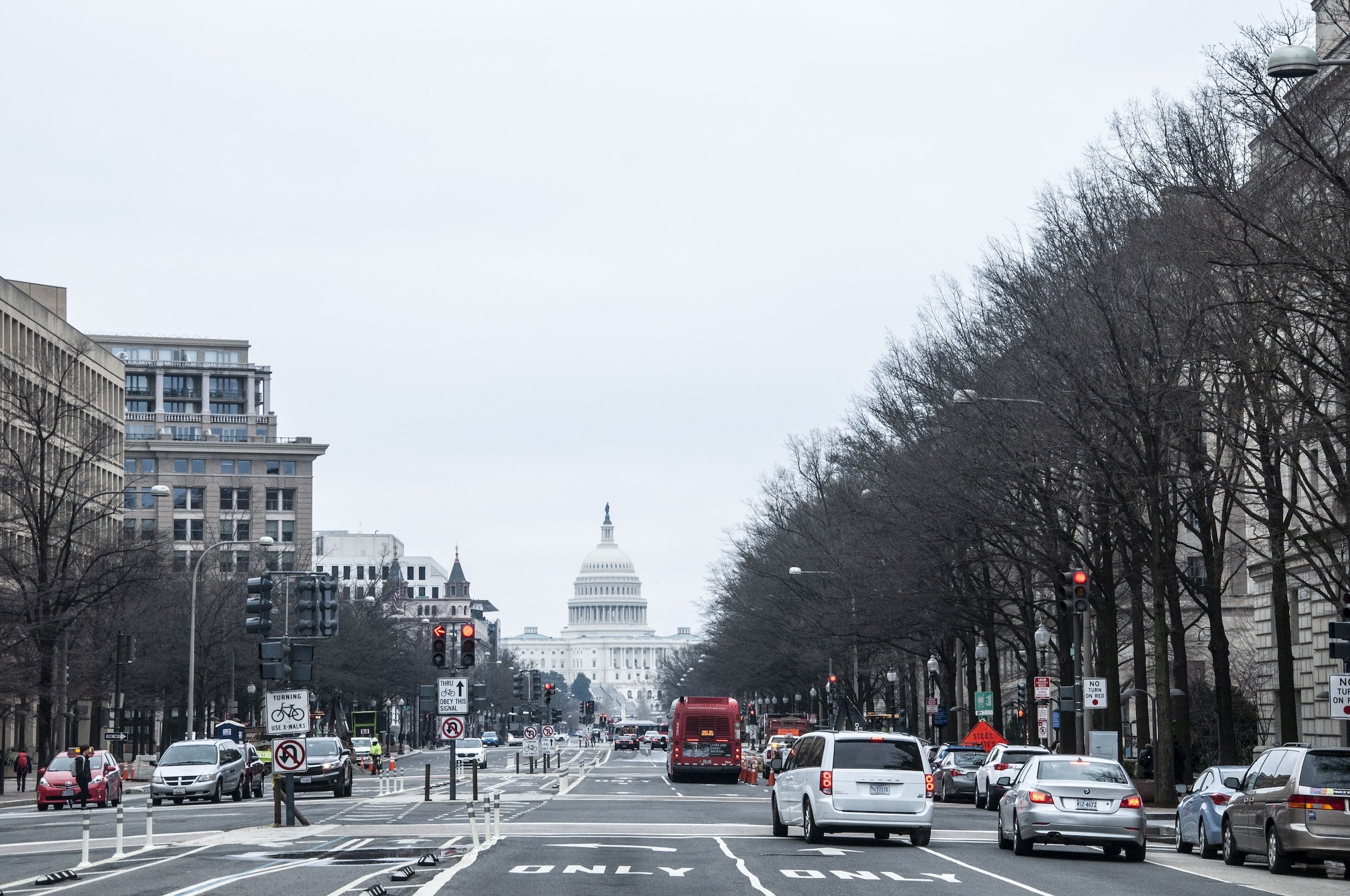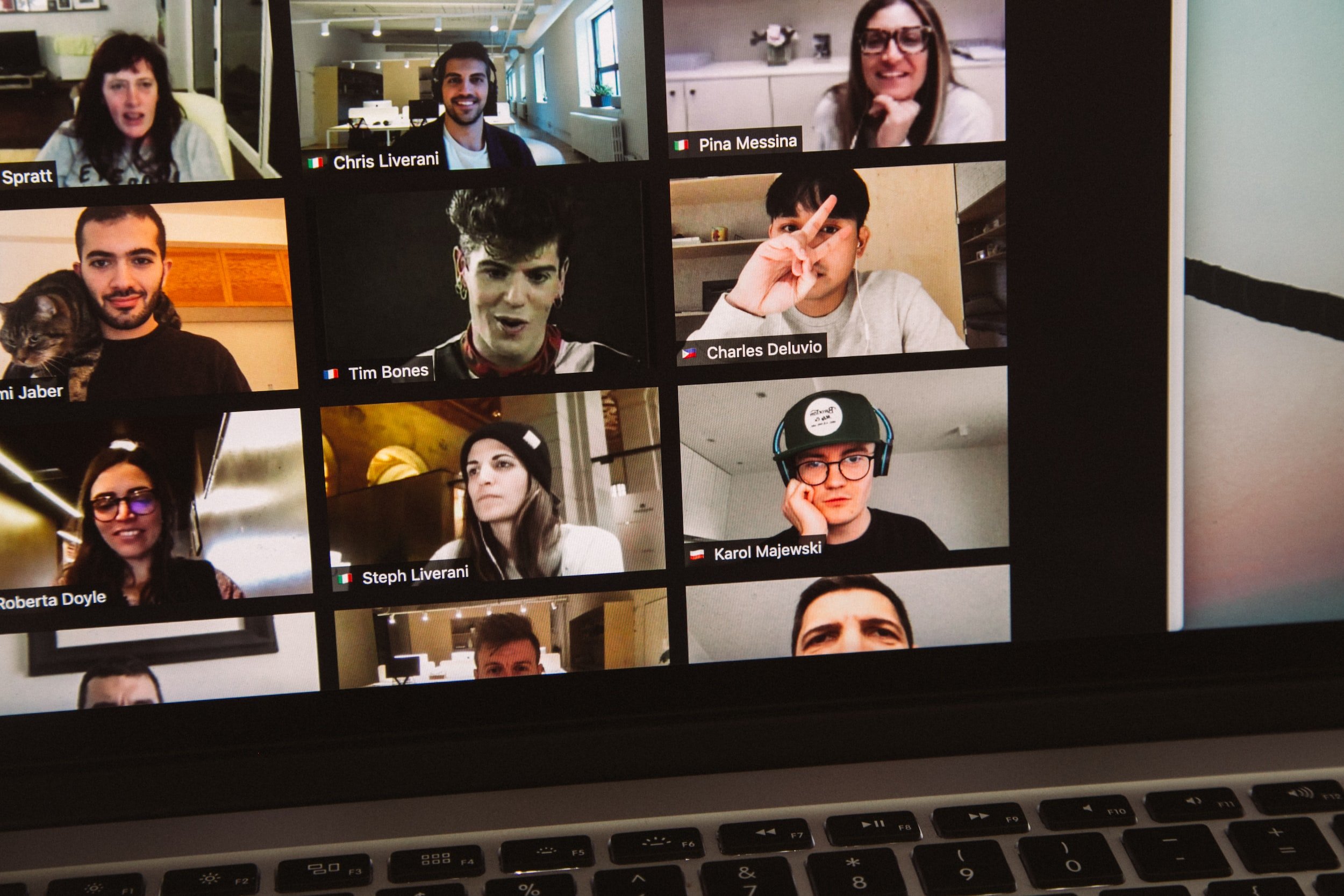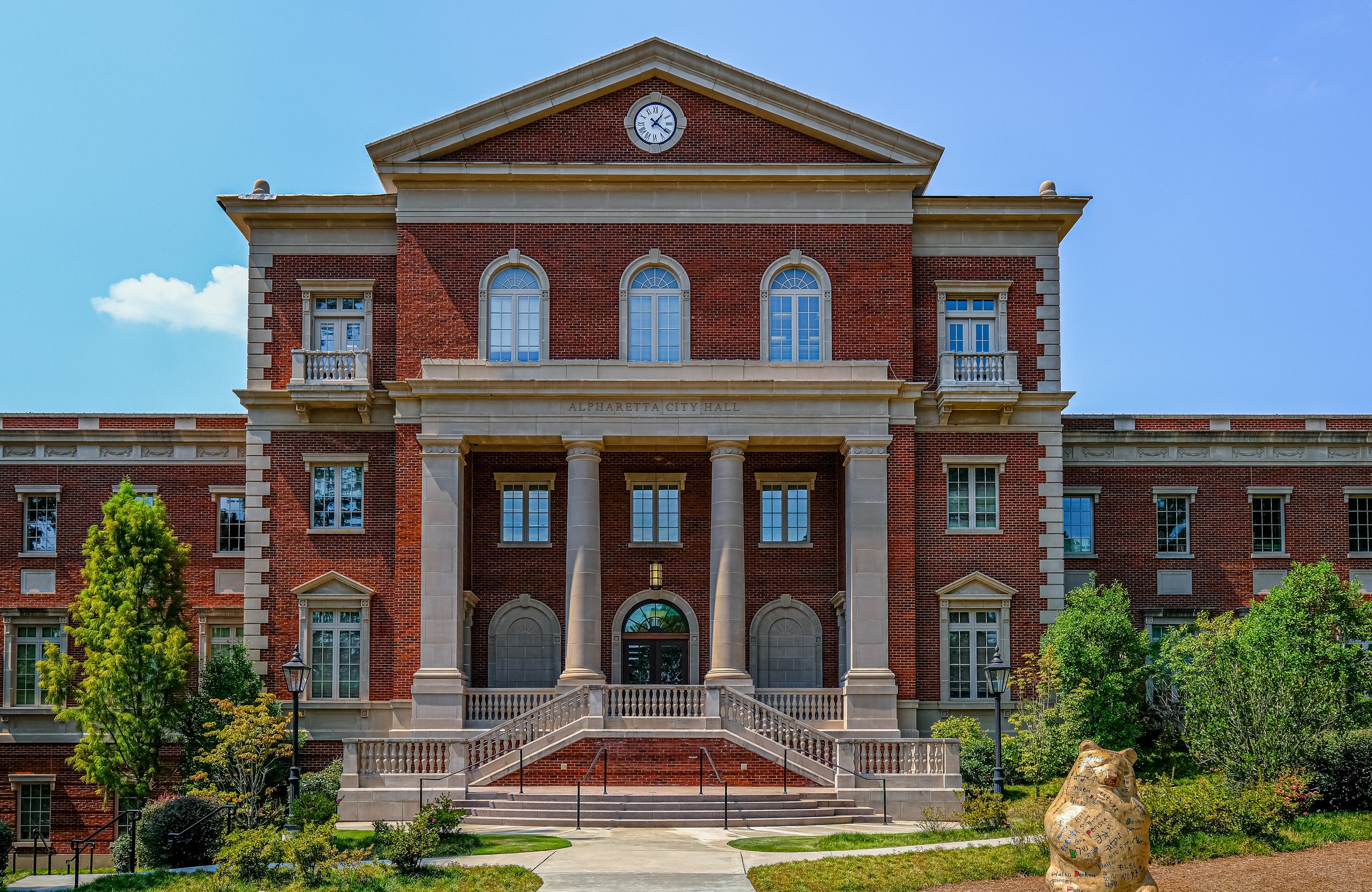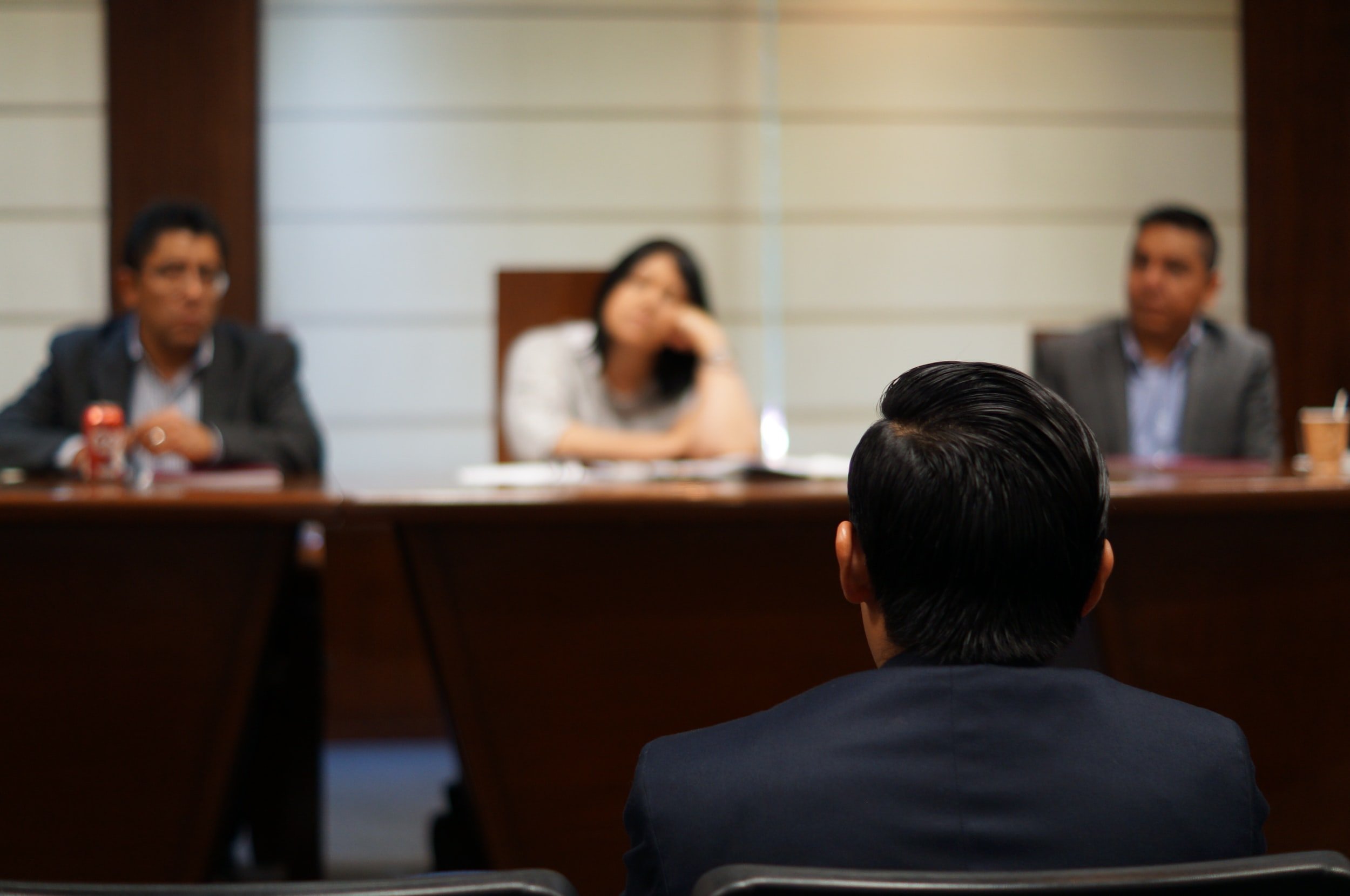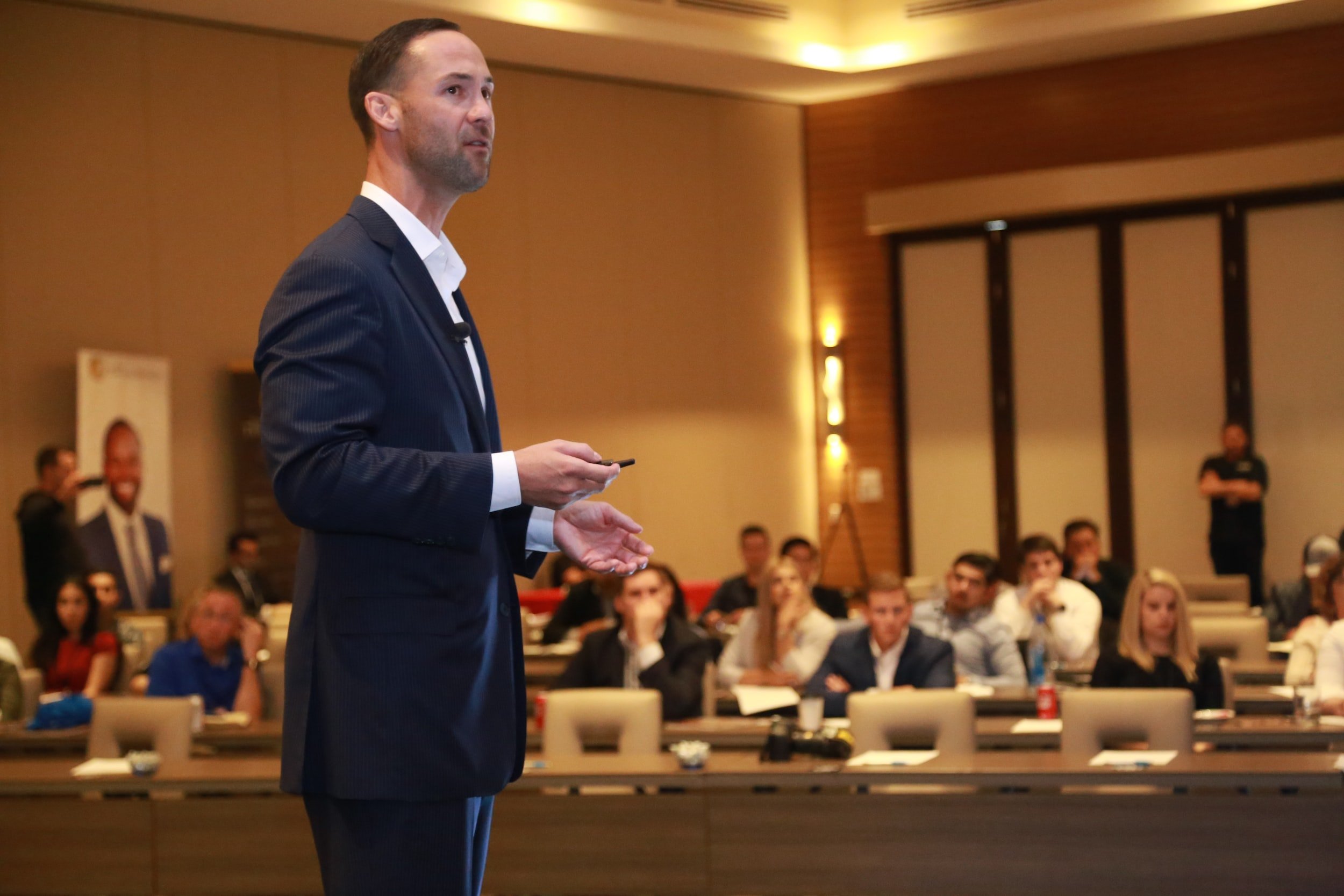Firm Insights
PKH LLP Celebrates One Year Anniversary
This week marks the first anniversary of the founding of Perilla Knox & Hildebrandt LLP. PKH was launched in March 2022 by three lawyers with decades of patent, trademark, and other intellectual property law experience. Today, PKH includes nine attorneys and a staff of seasoned paralegals and docketing personnel. PKH is focused on providing top-tier intellectual property services and growing a strong team of exceptional attorneys and staff.
Federal Circuit Clarifies Reasonable Expectation of Success for Software-Related Patents
On February 15, 2023, the Federal Circuit Court of Appeals issued a decision in KEYnetik, Inc. v. Samsung Electronics Co., which dealt with a patent infringement dispute over wearable fitness devices. The decision provides guidance on obviousness issues related to software and computer-implemented inventions.
China Ceases Issuance of Physical Patent Certificates
On January 29, 2023, the China National Intellectual Property Administration (CNIPA), the Chinese equivalent to the United States Patent and Trademark Office in the United States, announced that they would no longer issue physical patent certificates.
PKH Welcomes Three New Attorneys
The law firm of Perilla Knox & Hildebrandt LLP is pleased to announce that three new attorneys have joined the firm.
PKH Recognized as a Diversity Champion by NCPP
Perilla Knox & Hildebrandt LLP is pleased to announce that the National Council on Patent Practicum (“NCPP”) has recognized PKH as a “diversity champion.” PKH joins the likes of Meta, IBM, JPMorgan Chase & Co., Venable LLP, Eaton, among others, in being recognized as a diversity champion.
Kenny Knox Speaks at INTA Roundtable
On September 6, 2022, Perilla Knox & Hildebrandt LLP attorney Kenny Knox spoke with members of the International Trademark Association (“INTA”) regarding punitive damages in the United States.
Partners Perilla and Knox Quoted by Law360 Discussing Automation and Remote Work in IP
Perilla Knox & Hildebrandt LLP attorneys Jason Perilla and Kenny Knox were quoted in a recent Law360 article regarding remote work and automation in the realm of intellectual property law.
Formation of Perilla Knox & Hildebrandt LLP
Attorneys Jason Perilla, Kenny Knox, and Thomas Hildebrandt announced the formation of Perilla Knox & Hildebrandt LLP.
Next-Day Delivery Found to Constitute Sufficient Service of a CBM Petition
Unless the parties agree otherwise, service of a CBM petition may be by USPS Priority Mail Express or “by means at least as fast and reliable” as Priority Mail Express. 37 C.F.R. § 42.205(b). Other AIA Trial rules regarding the service of documents apply the same standard.
Federal Circuit Upholds PTAB’s Validity Finding Based On Arguments the Patent Owner Did Not Raise
The Federal Circuit held in FanDuel, Inc. v. Interactive Games LLC that the PTAB did not violate the Administrative Procedure Act when it found that the Petitioner failed to prove a claim obvious based on arguments the Patent Owner had not previously raised.
USPTO Proposes Changes to AIA Trial Rules
The USPTO has issued a Notice of Proposed Rulemaking with three proposed amendments to the AIA trial rules. The Office is proposing to amend 37 C.F.R. §§ 42.108(a) and 42.208(a) to be consistent with the Supreme Court’s decision in SAS Institute Inc. v. Iancu holding that the former practice of partial institutions was improper.
Recent Precedential PTAB Decisions - May 2019
The Board’s Precedential Opinion Panel has been hard at work designating several decisions as precedential. According to the Board’s Standard Operating Procedures (SOP), the Precedential Opinion Panel issues a precedential decision only for issues of exceptional importance involving policy or procedure. A precedential decision is binding Board authority in matters involving similar facts or issues.
IPR Instituted on Art Considered During Examination After Finding the Examiner Misunderstood the Reference
Under 35 U.S.C. § 325(d), the Board has the discretion to deny an IPR petition if “the same or substantially the same prior art or arguments” were presented during prosecution or in another proceeding. As discussed in an earlier post, the Board may weigh several factors when determining whether to exercise its discretion and deny an IPR petition under § 325(d).


